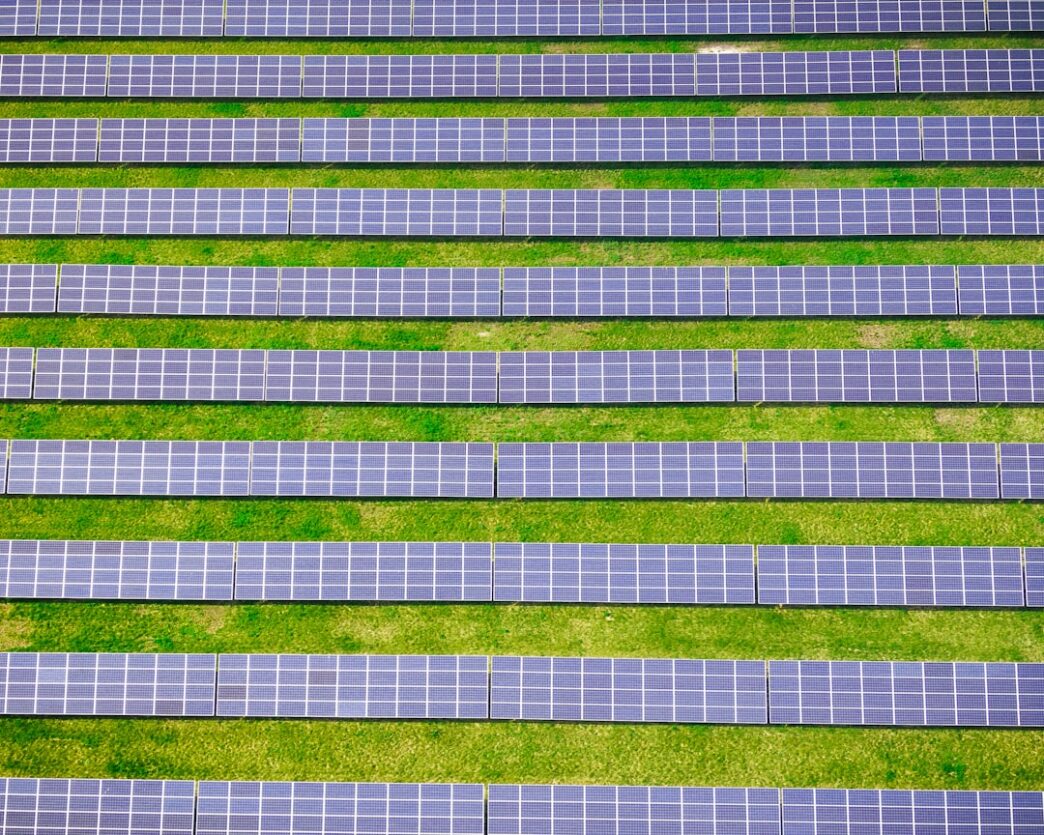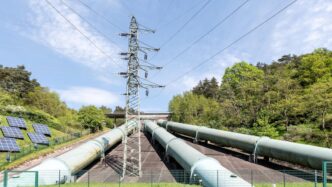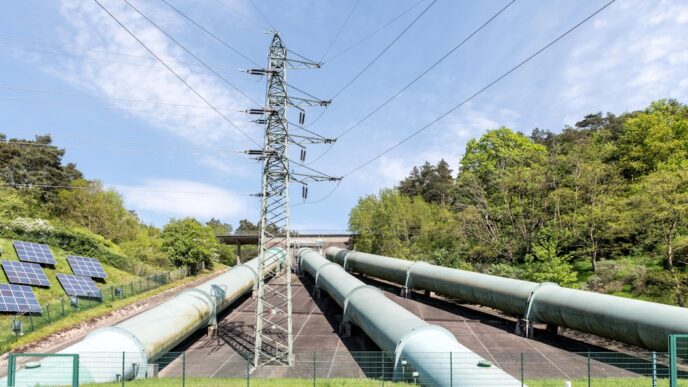The past few years have marked a seismic shift in the way economies are structured, driven largely by a collective urgency to address climate change and environmental degradation. While sustainability has long been a consideration for businesses and policymakers alike, it is now taking center stage as a catalyst for economic growth. Countries are increasingly recognizing that green initiatives can be more than just ethical imperatives; they can serve as pivotal economic engines.
Consider the European Union’s ambitious Green Deal, which aims to achieve carbon neutrality by 2050. This isn’t merely a lofty goal; it represents a concrete economic strategy. The EU is investing upwards of €1 trillion to transition its economy towards renewable energy, sustainable agriculture, and circular production processes. This endeavor not only aims to reduce greenhouse gas emissions but also seeks to create millions of jobs in green sectors. The European Commission estimates that the transition could generate up to 1.2 million jobs in renewable energy alone by 2030.
Across the Atlantic, the Biden administration is making substantial strides with its infrastructure and clean energy plans. The Inflation Reduction Act, signed into law in August 2022, allocated approximately $369 billion to support clean energy initiatives. This policy aims to drive down the costs of renewable technologies, stimulate domestic production, and position the U.S. as a leader in the burgeoning global green economy. Already, companies like Tesla and NextEra Energy are capitalizing on this momentum, showcasing how private-sector investment can align with national policy to accelerate innovation.
In emerging markets, sustainability is creating unique opportunities as well. Countries such as Kenya are leading the way in sustainable coffee and tea production, with a focus on fair trade and environmental stewardship. Organizations like Fair Trade Africa are helping farmers access premium markets, ensuring that they benefit financially from eco-friendly practices. This model not only supports local economies but also enhances global supply chains, making them more resilient to climate-related disruptions.
Yet, the transition to a green economy is not without its challenges. As industries pivot towards sustainable practices, traditional sectors such as fossil fuels are feeling the pressure. The International Energy Agency has noted that investment in fossil fuels must decline sharply, with an estimated $4 trillion needed annually in clean energy investments to meet global climate goals. This shift poses risks of economic instability in regions heavily reliant on oil and gas revenues, particularly in the Middle East and parts of Africa. Balancing this transition while ensuring economic stability will be a critical task for governments.
Investors are also recalibrating their strategies. Environmental, Social, and Governance (ESG) criteria are becoming essential in investment decisions, dictating how capital flows into various sectors. According to a recent report from the Global Sustainable Investment Alliance, sustainable investments reached over $35 trillion globally, signaling a dramatic shift in how financial markets operate. Institutional investors are increasingly recognizing that long-term returns are tied closely to sustainable practices.
Ultimately, the great green shift is not merely a trend; it is a fundamental restructuring of economic priorities. As nations align their policies with sustainable goals, and as businesses adjust to new market realities, the global economy will be transformed. While the journey will undoubtedly have its hurdles, the benefits of a sustainable future are compelling enough to drive collective action—an action that promises to redefine what it means to thrive economically in the 21st century.













